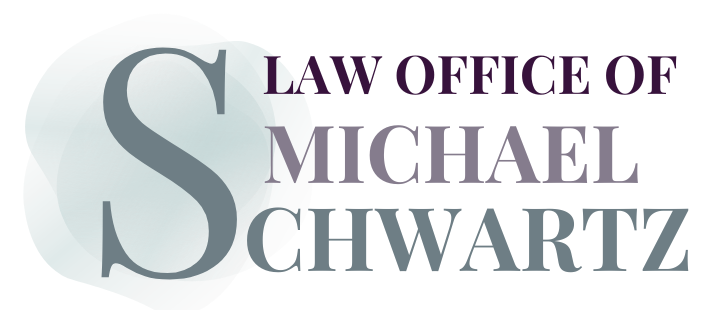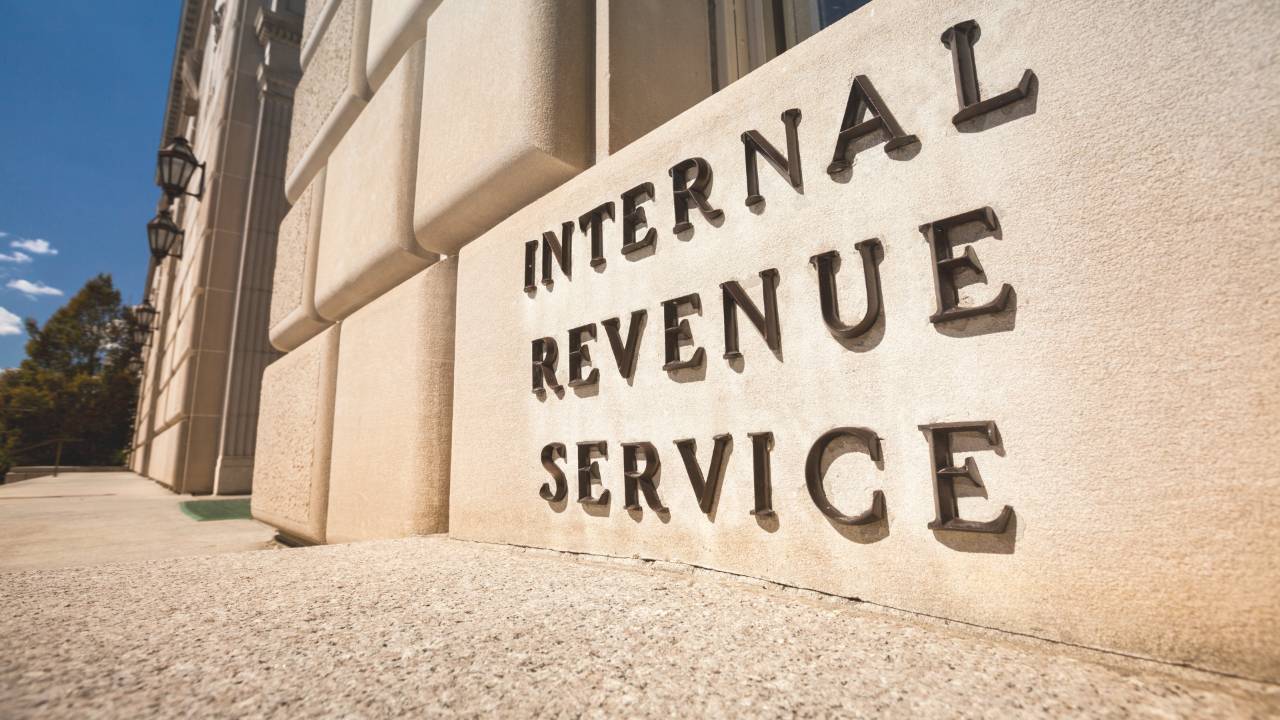Office Locations
The Law Office of Michael Schwartz proudly serves clients across our 3 convenient office locations, making trusted legal support accessible to you.
Schedule a FREE Consultation
Fill out the form below and a member from our team will reach out to you to schedule your free consultation.


